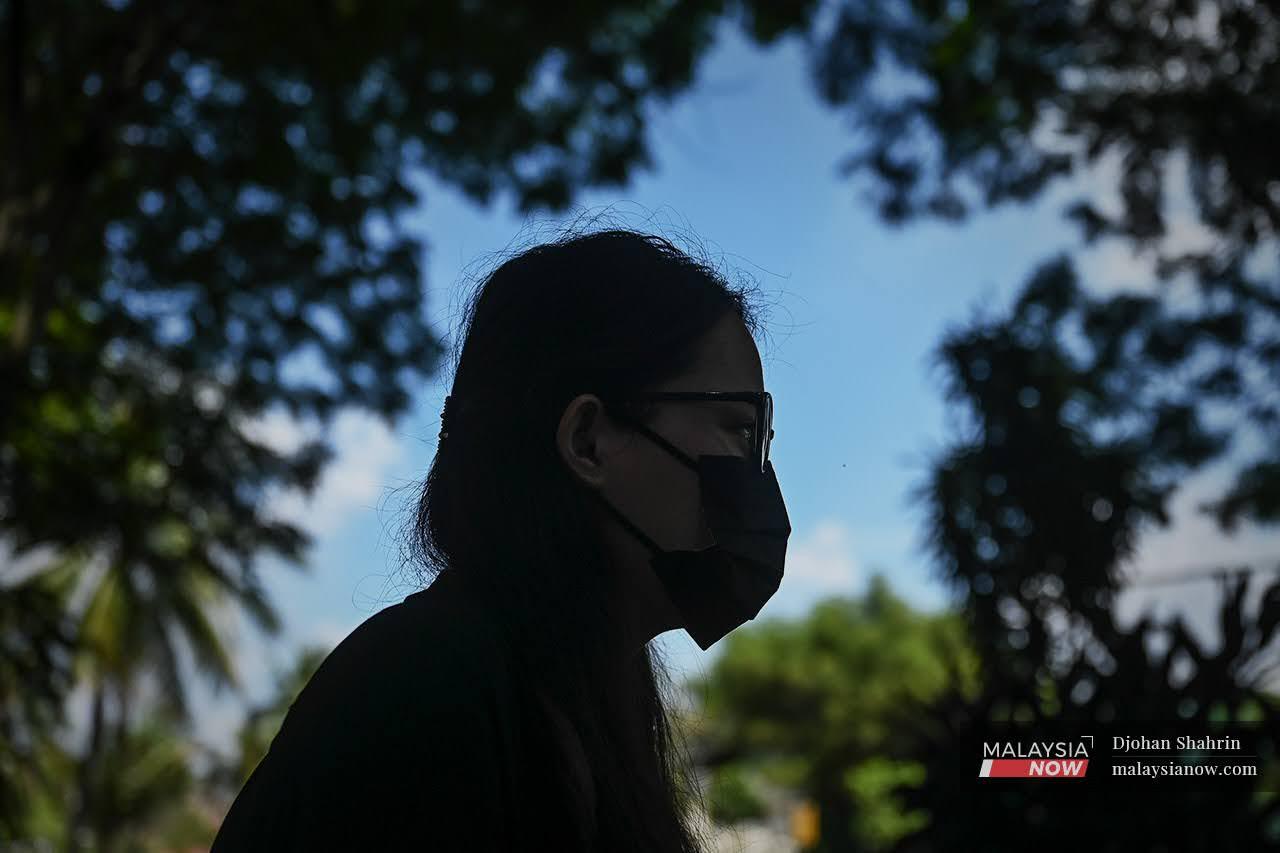Malaysian at heart but not on paper
At 21, Sara is studying to become a lawyer but knows that question marks about over her own legal status.
Just In
Sitting in a park in Subang Jaya, 21-year-old Sara (not her real name) looks like any other young woman brimming with potential and eager to embrace each new day.
She sits on a wooden bench, speaking about her ambition to become a lawyer and to help those in need.
For Sara, though, this dream and many others may never come true – all because of one piece of paper, or the lack thereof.
Sara, like tens of thousands of children throughout the country, is classified as stateless.
She was born and raised in Sabah along with her two siblings to a Malaysian father and a Filipino mother. But although they lived together for many years, they never registered for marriage.
Her mother returned to the Philippines in 2004 after giving birth to Sara’s youngest sibling, leaving her father to care for them alone.
At first, Sara did not see her situation as much of a problem. She was treated like any other child and never experienced any discrimination.
“I started asking why I was even doing this as I had no direction to go.”
But then she turned 12, the year when Malaysian children obtain their official identity cards or MyKads.
And then she began attending secondary school, where she realised that she could not participate in as many activities as her friends.
“I managed to finish my studies at a public school because I was a good student and the school was more accepting about the situation,” she said.
“But towards the end of taking SPM, I started asking why I was even doing this as I had no direction to go,” she added.
“While my friends could apply to go to a public university and plan their future, I could not.”
As a stateless person, Sara cannot apply for a driving licence or open up a bank account, either.
“It was really discouraging and demotivating for me to go on,” she said.
‘Do it myself’
Struggling through a wave of despair, Sara chose to take a year off after completing her SPM in order to try and make sense of her life.
“I understood that my father was busy working to raise us. I could not ask him to go out there and do it for me,” she said.
“I had to find the opportunity myself.”
“I tried again, and now I’m in the waiting process,” she said. “The process takes a really long time, and it is very hard for me.”
There is also another, more pressing, problem.
“Article 15A is supposed to be for children under the age of 21, and I will turn 22 soon.
“It’s going to be a struggle for me after this because I need to consider my other options in order to live well and have the basic necessities that any other person has.”
For Sara, who has lived in Malaysia her whole life, this is her home.
“Malaysia is my homeland and Sabah has always been so close to my heart,” she said.
“I do not think I would want any other nationality. I know the language, the people, and the culture here. I feel like it would be a scam to say that another country would want me, and to call that foreign country my home.”
Sara is determined to keep fighting for as long as she can, and will always consider herself a Malaysian at heart despite her lack of a legal identity.
When asked what scares her the most in her journey, tears fill her eyes.
“Seeing my peers going ahead of me when I know I am just as capable, and just as good as they are.
“Just because of this one piece of document, my movements are limited and I am unable to take any opportunity that comes my way.”
Subscribe to our newsletter
To be updated with all the latest news and analyses daily.
